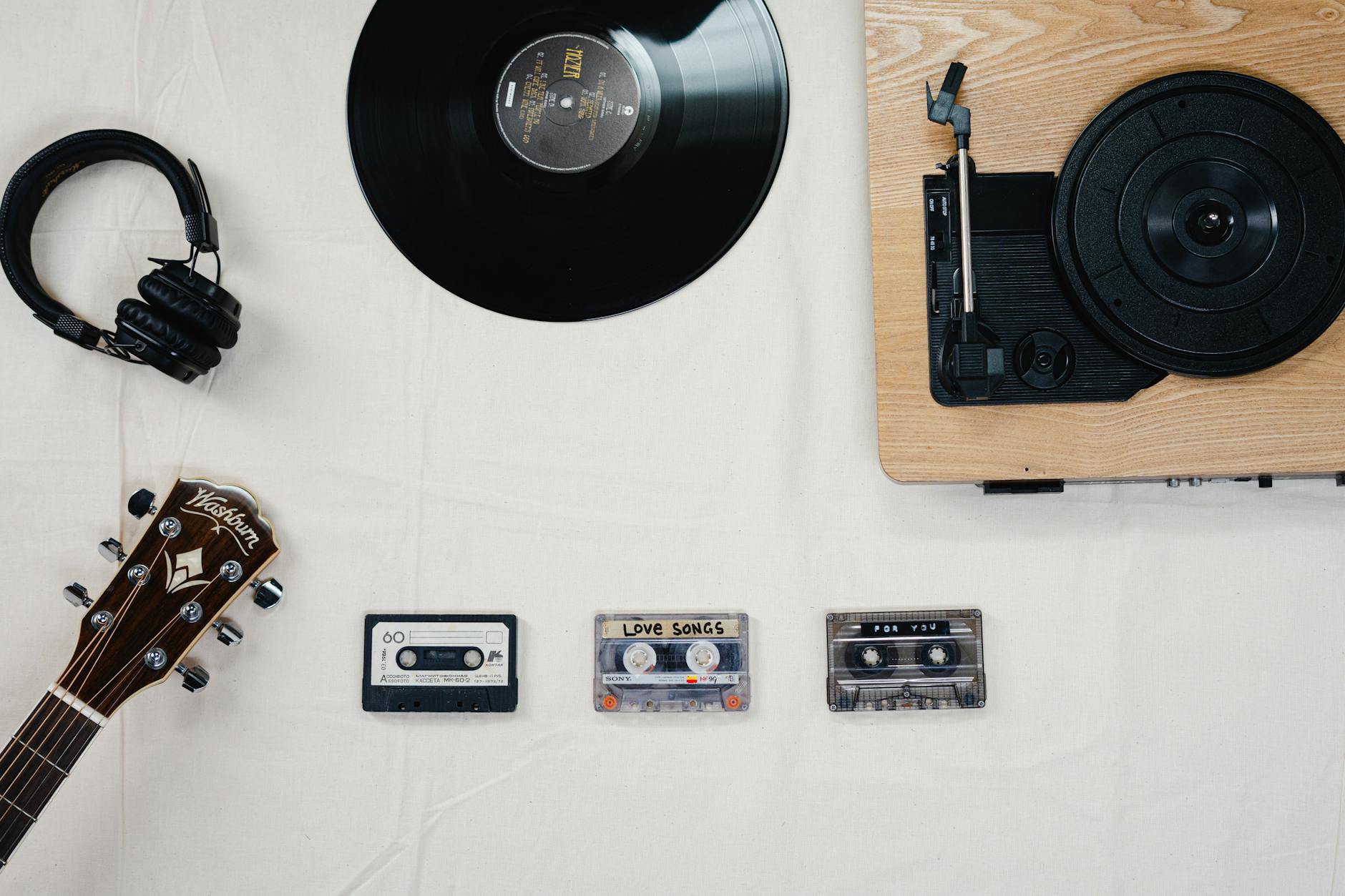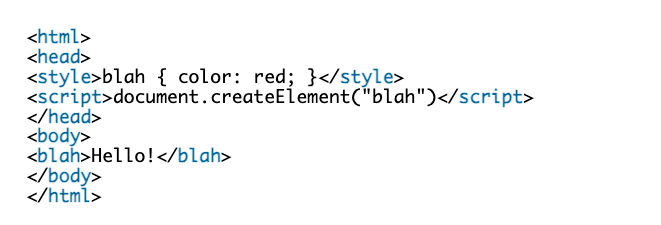//
The Analog Web
 On reclaiming the web’s lost humanity, and the people still very much trying to do it.Read More: The Analog Web
On reclaiming the web’s lost humanity, and the people still very much trying to do it.Read More: The Analog Web//
Jamie Zawinski posted about Wikipedia and it’s representation as a source of truth, even when it isn’t. I followed a link to an interview with the author Emily St. John Mandel, who requested the interview simply for the purpose of going on record that she was divorced.
Read More: untitled post 15990//
Elan Ullendorff flips the premise on search engines entirely.
We don’t need a better large search engine. Instead, we need to cultivate what I would call “folk search algorithms,” a set of tools and practices that, whether by chance or design, are not influential enough to move markets:
As a search engine scale, Ullendorff argues, it falls victim to manipulation and an endless cycle of bad actors gaming the system and algorithms struggling to keep up. A better search, with the principles of the small web.
Read More: untitled post 15985//
Filling gaps with a polyfill
 In the early 2000s, Web 2.0 prompted new web standards, HTML5 and CSS3. Developers used ‘shims’ and ‘polyfills’ for browser compatibility, fostering innovation.Read More: Filling gaps with a polyfill
In the early 2000s, Web 2.0 prompted new web standards, HTML5 and CSS3. Developers used ‘shims’ and ‘polyfills’ for browser compatibility, fostering innovation.Read More: Filling gaps with a polyfill//
Reading the original text of ‘Information Management: A Proposal’, the initial proposal from the internet’s inventor, Tim Berners-Lee, doesn’t really put you in the moment. Until now thanks to an insane quest by John Graham-Cumming to take the original file created by Berners-Lee and properly open it in today’s modern software terrain. When he discovered that even Berners-Lee could no longer access his original word file, Graham-Cumming embarked on a mission to emulate the 1990’s Word software, allowing the document to be viewed in its original context, providing a captivating insight into history.
Read More: untitled post 15954//
We’ve been waiting 20 years for this
 The indie web may be back. But if is, it is likely in a way we least expect.Read More: We’ve been waiting 20 years for this
The indie web may be back. But if is, it is likely in a way we least expect.Read More: We’ve been waiting 20 years for this//
In 2011, early Facebooker John Hammerbacher was quoted as saying:
The best minds of my generation are thinking about how to make people click ads. That sucks
Given Facebook (sorry, I mean Meta’s) latest statement about artificial general intelligence, an all the enthusiasm poured into AI by Microsoft and Google and others, I feel as if that statement can be slightly amended now.
The best minds of my generation are thinking about how to make computers generate things that make people click ads. That sucks
Read More: untitled post 15945//
How to Block IE6
If it’s the early 2000s you might make a dire decision: it’s time to block IE6.Read More: How to Block IE6//
Today I’m looking at the work of Faruk Ates, who created the first version of Modernizr back in 2009. With the help of several other developers in a remarkably short period of time, Ate’s initial prototype transformed into a fully-featured library that empowered developers worldwide to utilize HTML5 and CSS3, accelerating the adoption of these new standards.
The work on Modernizr was a collaborative effort, with developers from different browser makers and practitioners coming together through mailing lists and blogs. They worked at a rapid pace, transforming the tool in the spirit of cooperation. It’s a testament to the strength of open source and the open web that the fluidity of communication can lead to rapid development.
Read More: untitled post 15934//
Rosy Retrospection
The internet’s openness, championed by pioneers like Tim Berners-Lee, as well as concerns over its limitations, are explored in a retrospective on the history and future of the open web. The duality of its freedom – a gift and a constraint – points to the need for a more inclusive and diverse online landscape.In my work on the History of the Web, that’s a view that I’ve often taken. But when we look back the web (sometimes fondly tinted with nostalgia) we must be careful to couch that perspective in the bias of its early history.Read More: Rosy Retrospection//
I am a bit distressed about the web. Sometimes, I panic about it. And it’s why I look back so often to try and capture the long view. But when I peak up to loo around a lot of what I see—or rather, what is surfaced to me by broken down algorithms that hides beneath the surface a much longer tail that sadly most people never see—is all buttoned up and plain and unadorned and professional and (frankly) boring.Maybe that’s just the web splitting in two. The web is over thirty years old, basically an elder millennial if we want to call it that. And at some point, it was going to need to grow up, develop some consistency, and figure out a way to make money. But I didn’t think we’d have to ditch our punk rock digs, unique interests and unconventional spaces for a suit and tie and a job selling ads.
I started thinking about this more this week when I pulled from some archives a site called Rotten Library. It was an offshoot of rotten.com, an early web purveyor of morbid curiosities and vulgar fare. The Rotten Library was a unique take on Wikipedia, offering detailed and lengthy encyclopedic entries on a variety of topics from the rotten.com domain. These entries were often written in a playful and casual tone, and they inspired many.
I mention Rotten Library, not as a delightful nostalgic throwback, but because it effectively illustrates a simple point. On the fringes of the internet, where things are small and specialized (even when they’re grim or shocking), there’s something far more captivating than the sanitized, controlled environments we’ve established on the modern web. And it is still very much out there, and I believe it is growing.
I hope to turn my attention there for the near future in my research. It is utterly fascinating.
Read More: untitled post 15899//
Wait, what’s a bookmarklet?
 How this one small browser quirk turned into a tool used by countless people for decades.Read More: Wait, what’s a bookmarklet?
How this one small browser quirk turned into a tool used by countless people for decades.Read More: Wait, what’s a bookmarklet?




